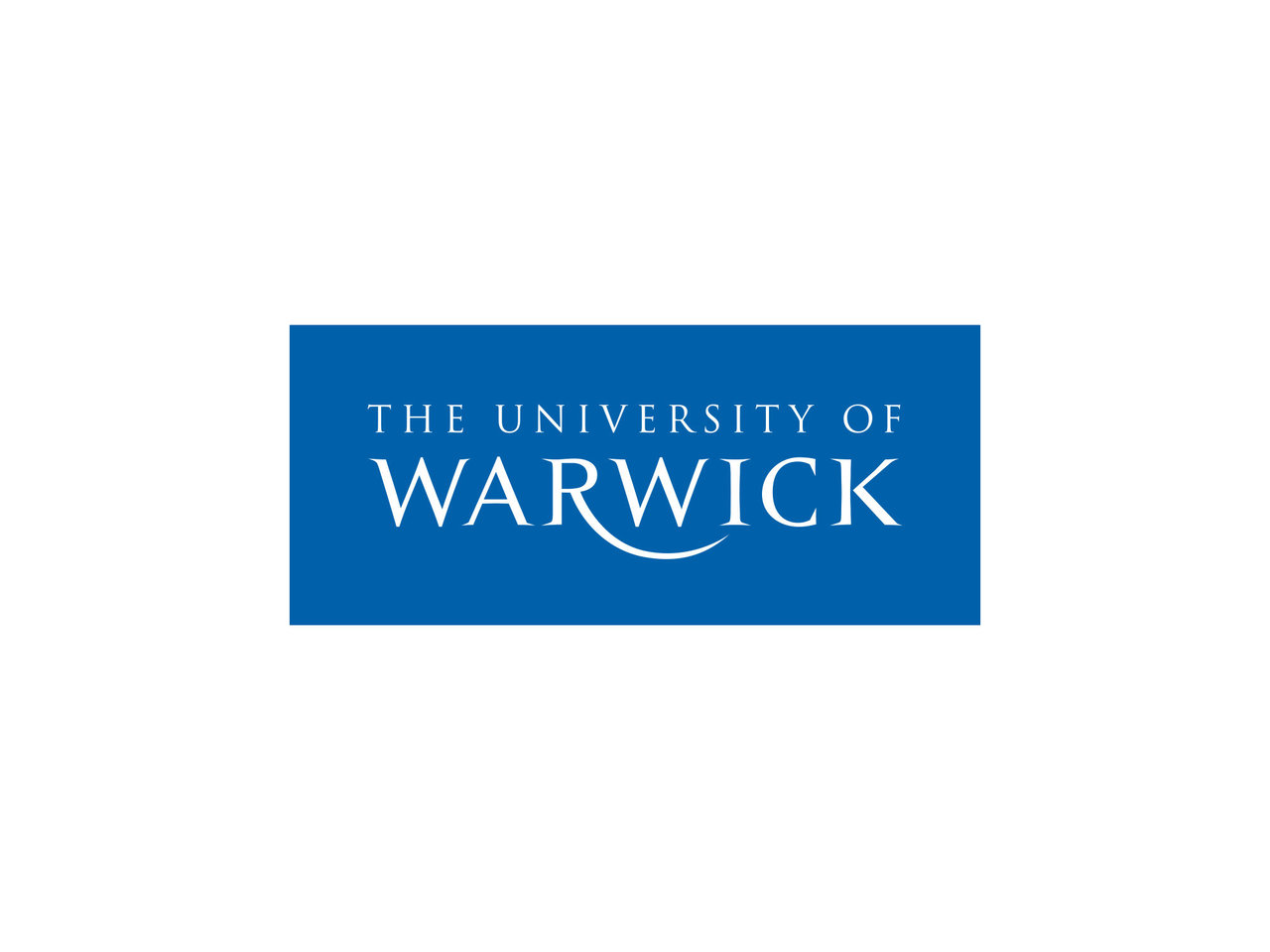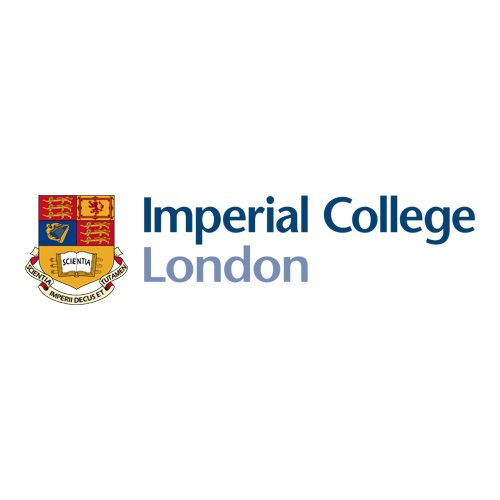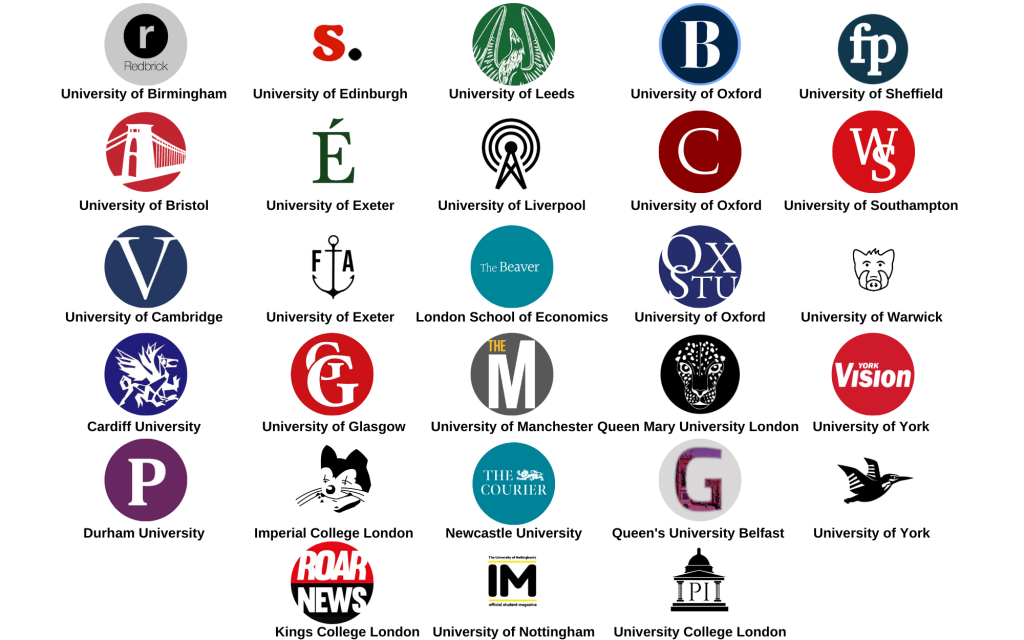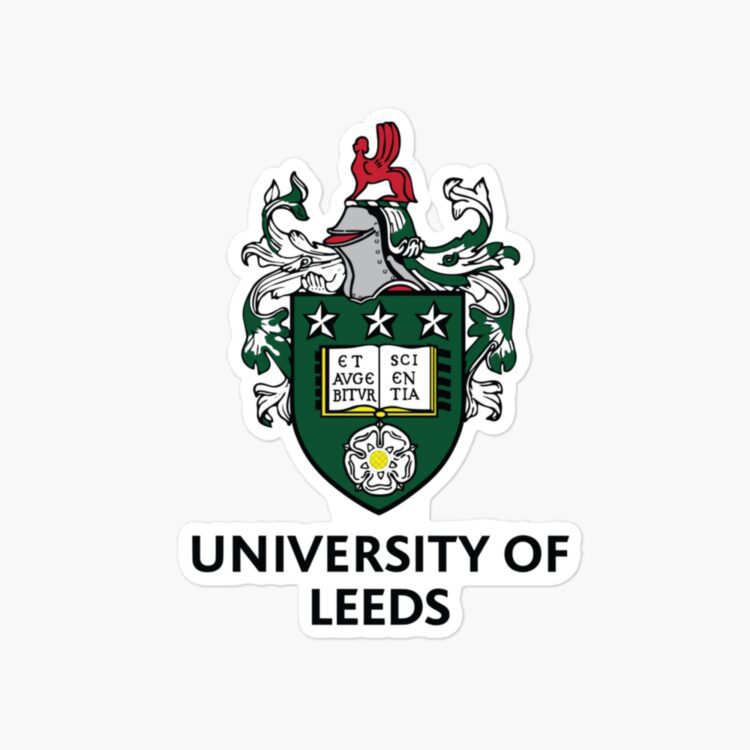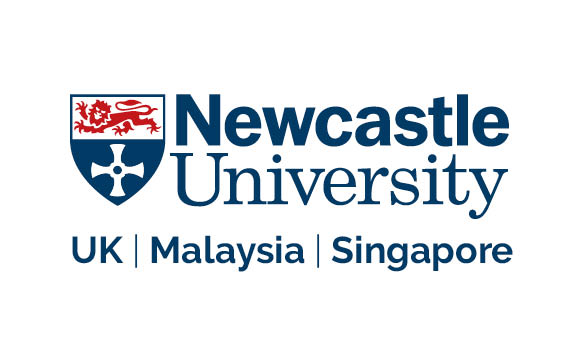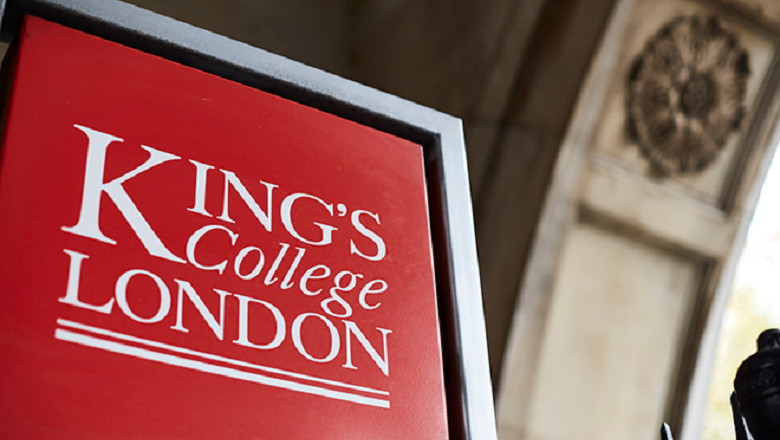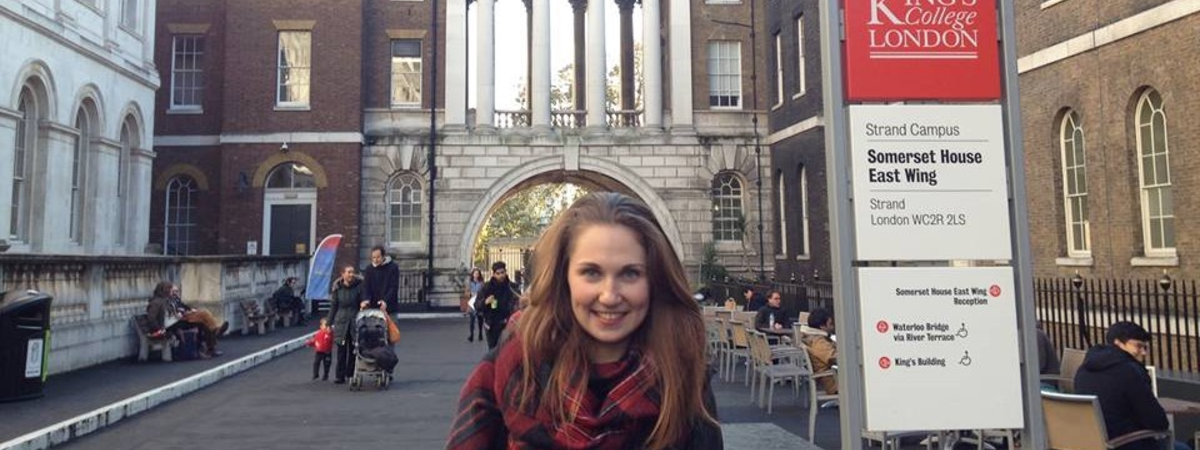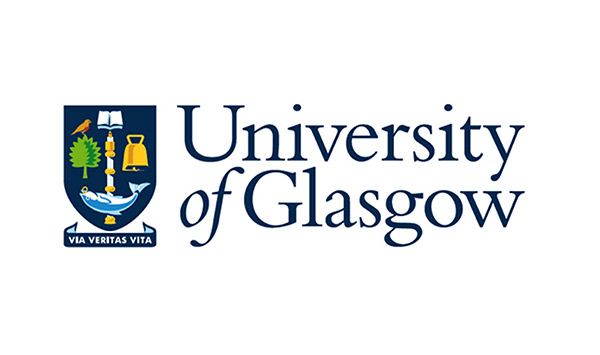If you’re wondering how to get into the University of Warwick, you’re not alone!

Why Choose the University of Warwick?
The University of Warwick is a world-class institution known for its academic rigour, innovative research, and dynamic campus life.
Here’s why thousands of students choose the University of Warwick every year:
| Feature | Details |
|---|---|
| Global Ranking | Top 70 worldwide (QS 2024) |
| Student Population | Over 29,000 students from 140+ countries |
| Courses Offered | 200+ undergraduate, 250+ postgraduate programs |
| Russell Group | Member of the prestigious Russell Group |
| Graduate Employability | 93% employed or in further study within 6 months |
| Research Excellence | 92% of research rated world-leading or internationally excellent (REF 2021) |
| Campus | Single-site campus in Coventry with state-of-the-art facilities |
Entry Requirements for University of Warwick
Warwick is highly selective and looks for strong academic backgrounds and well-rounded applications.
Undergraduate Admissions
| Requirement | Details |
|---|---|
| Academic Qualifications | A*AA–ABB at A-Levels, IB 38–32 points, CBSE 85–90%, or equivalent |
| Subject Requirements | Varies by course (e.g., Maths for Engineering, Economics) |
| English Proficiency | IELTS 6.5–7.0, TOEFL iBT 92+ |
| Personal Statement | Required and closely assessed |
| References | Academic, usually from a teacher |
| Additional Assessments | Some courses require tests or interviews (e.g., PPE, Medicine) |
Postgraduate Admissions
| Requirement | Details |
|---|---|
| Bachelor’s Degree | UK 2:1 or equivalent (60–75% for Indian universities) |
| English Proficiency | IELTS 6.5–7.0, TOEFL iBT 92+ |
| CV/Resume | Required for most taught and research programs |
| References | Academic or professional, as specified by course |
| Additional Requirements | Interviews, portfolios for creative fields |
Application Process for University of Warwick
| Step | Details |
|---|---|
| 1. Choose Your Course | Use Warwick’s Course Finder |
| 2. Prepare Documents | Academic records, SOP, LORs, English test, passport |
| 3. Apply Online | UCAS for UG, Warwick Direct for PG |
| 4. Pay Fees | £22 via UCAS (UG), varies for PG |
| 5. Attend Tests/Interviews | For selected courses only |
| 6. Receive Offer | Conditional or unconditional |
| 7. Accept Offer | Confirm your spot and pay deposit if required |
| 8. Arrange Visa/Funding | Apply for student visa, scholarships, etc. |
Required Documents Checklist
| Document | Undergraduate | Postgraduate |
|---|---|---|
| Academic Transcripts | ✔️ | ✔️ |
| Statement of Purpose | ✔️ | ✔️ |
| Letters of Recommendation | 1–2 | 2–3 |
| English Test Scores | ✔️ | ✔️ |
| Passport Copy | ✔️ | ✔️ |
| CV/Resume | Optional | Often required |
| Portfolio (if applicable) | For some courses | For some courses |
Key Deadlines
| Intake | Application Opens | Application Deadline |
|---|---|---|
| September | September (previous year) | January 15 (UG via UCAS) |
| January | Rolling (PG) | Varies by course |
Important Dates for 2025 Entry
| Event | Date |
|---|---|
| UCAS Deadline (UG) | January 15, 2025 |
| PG Application Priority | February–May 2025 |
| Scholarship Deadlines | December 2024–March 2025 |
| CAS Issuance | June–July 2025 |
| Course Start | September 2025 |
Popular Courses at University of Warwick
| Course | Duration | Annual Tuition Fee (£) |
|---|---|---|
| BSc Computer Science | 3 years | 29,950 |
| BA Economics | 3 years | 25,370 |
| BSc Psychology | 3 years | 27,160 |
| MSc Data Analytics | 1 year | 30,250 |
| MSc Management | 1 year | 35,000 |
| MA Global History | 1 year | 23,460 |
Scholarships and Financial Aid at University of Warwick
| Scholarship Name | Eligibility | Value (£) |
|---|---|---|
| Chancellor’s International Scholarship | Outstanding PG research applicants | Full tuition + stipend |
| Warwick Undergraduate Global Excellence | High-achieving UG applicants | Up to 13,000 |
| WMG Excellence Scholarship | MSc Engineering/Management | Up to 10,000 |
| Chevening/CSC | International PG students | Full funding |
Want to Apply to the University of Warwick?
Let Admitix help you build the most competitive application possible – from personal statement writing to test prep and interview simulation.
Book your free consultation today!
FAQs
1. Is Warwick as competitive as Oxford or Cambridge?
No, but some courses like Economics and PPE are still very competitive.
2. Can I apply to Warwick and Oxford in the same year?
Yes, through UCAS.
3. Does Warwick accept Duolingo English Test?
No. They accept IELTS, TOEFL, or Pearson PTE.
4. Can I work part-time while studying?
Yes, up to 20 hours/week during term if you’re on a Student visa.
5. Is Warwick only for privileged students?
No. Many students come from state schools, and Warwick offers support for diverse backgrounds.
